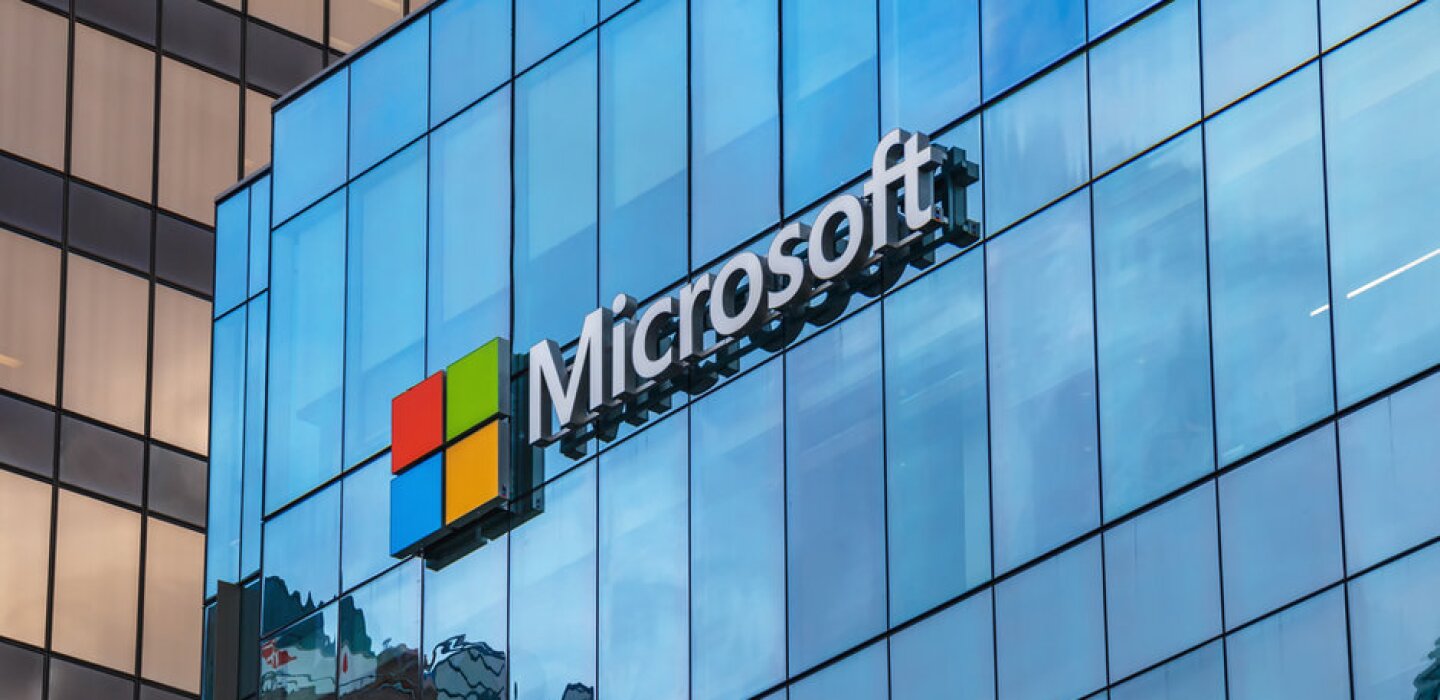A new Microsoft initiative will provide Washington public school districts and community colleges with free access to the company’s AI-enabled learning tools, professional development opportunities and infrastructure support.
The program, Microsoft Elevate Washington, seeks to mitigate emerging disparities in AI adoption across regions and position Washington as a leader in AI-augmented education, according to a recent blog post on the company’s website by the company’s Vice Chair and President Brad Smith. It aims to do this by helping educators save time on administrative tasks, giving students early exposure to emerging technologies and shrinking the digital divide between urban and rural areas.
Smith wrote that the Microsoft AI for Good Lab found a significant divide in AI use across Washington, particularly in rural areas, which prompted the initiative. In counties around Washington’s Puget Sound, for example, more than 30 percent of residents use AI tools, compared to 2.5 percent in Ferry County — “a tenfold gap compared to the state’s most connected regions.”
“As we’ve learned firsthand from working for a decade on broadband accessibility across the state, this isn’t just a technology gap; it’s an opportunity gap,” Smith wrote. “Because in tomorrow’s economy, those who understand and use AI will do better than those who don’t.”
Through the new program, the blog post specified that 295 public school districts and 34 community colleges will receive free access to Copilot Studio, which allows users to build custom AI agents without coding experience to support administrative and operational work, for up to three years starting in January 2026.
Up to 10 school districts and 10 colleges will also receive $25,000 in technology consultation services to help them create and launch AI agents tailored to their needs, according to the blog post.
Microsoft will work with the Office of Superintendent of Public Instruction, the Washington Education Association and the National Education Association to provide AI training for educators and staff across the state. Smith wrote that the company also plans to support role-based professional development, a Generative AI for Educators training series and a statewide K-12 AI Innovation Summit.
As part of the initiative, Microsoft will hold an open call for partners to co-design scalable AI solutions with schools and colleges, in addition to collaborating with nonprofits such as Code.org to expand Hour of AI programs and engage Microsoft employees as classroom volunteers.
By combining access to tools, training and funding, Smith said Microsoft aims to make Washington “a national model for equitable AI adoption in education.”
“We don’t claim to have all the answers, but we’ve shaped this effort in close collaboration with a broad coalition of voices from across Washington,” he wrote. “Most importantly, we’re committed to working shoulder to shoulder with educators — because they are the driving force behind our shared vision for the future.”
